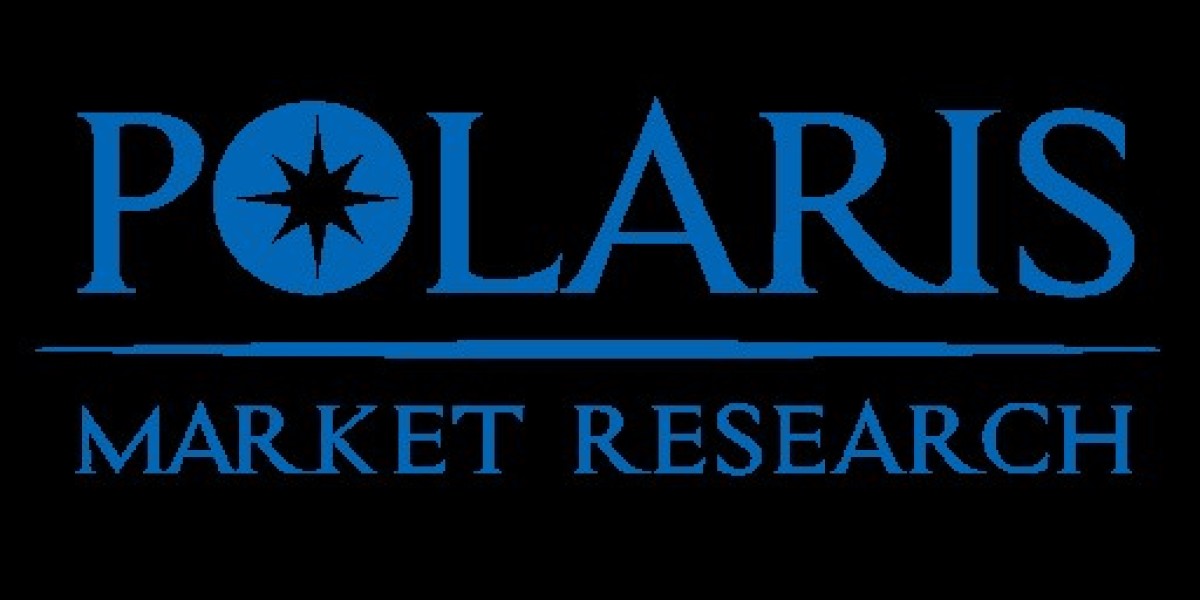The U.S. dietary supplements market, valued at USD 67.09 billion in 2024, is projected to grow at a compound annual growth rate of 7.9% from 2025 to 2034, driven by increasing consumer demand for targeted health solutions and the segmentation of wellness needs across demographics, lifestyles, and medical conditions. This growth is being channeled through distinct product and application-based segments, each exhibiting unique innovation cycles, pricing structures, and performance metrics. The market can be segmented by product type into vitamins, minerals, herbal and botanical extracts, specialty supplements (omega-3s, probiotics, amino acids), and functional compounds such as collagen, curcuminoids, and adaptogens. It can also be analyzed by application, including immune support, cardiovascular health, cognitive function, weight management, sports nutrition, and beauty-from-within (nutricosmetics). Among these, the specialty supplements segment is witnessing the fastest growth, with probiotics and omega-3 fatty acids leading the way due to rising awareness of gut-brain axis health and cardiovascular disease prevention. According to the CDC, over 48% of U.S. adults use dietary supplements regularly, with usage exceeding 70% among those aged 60 and above, underscoring the demographic tailwinds behind segment expansion.
Vitamins remain the largest category by revenue, accounting for approximately 35% of total market value in 2024, with vitamin D, B-complex, and multivitamins dominating sales. The National Health and Nutrition Examination Survey (NHANES) indicates widespread deficiencies in vitamin D and magnesium, driving both physician recommendations and self-directed supplementation. Herbal and botanical extracts, particularly ashwagandha, turmeric, and elderberry, have experienced double-digit growth, fueled by consumer interest in natural immunity boosters and stress management. The adaptogens sub-segment, used for cortisol regulation and mental resilience, has gained traction among professionals and athletes, with brands like Gaia Herbs and Garden of Life investing in clinically validated extracts. Sports nutrition, while mature, continues to evolve with premiumization—branched-chain amino acids (BCAAs), creatine HCl, and plant-based proteins are increasingly formulated for clean labels, allergen-free certification, and rapid absorption.
Read More @ https://www.polarismarketresearch.com/industry-analysis/us-dietary-supplements-market
Product differentiation is increasingly achieved through formulation science, delivery mechanisms, and clinical substantiation. Leading manufacturers are shifting from generic blends to proprietary complexes with patented ingredients, such as Pharmavite’s “Metaercal” for bone health and Nestlé Health Science’s “Peptamen” line adapted for senior nutrition. Softgels and tablets remain dominant, but demand for gummies, powders, and liquid shots is accelerating, particularly among younger consumers who prioritize convenience and sensory appeal. Application-specific growth is evident in cognitive health, where nootropic blends containing phosphatidylserine, lion’s mane mushroom, and citicoline are gaining traction among students and remote workers. Similarly, liver support supplements—featuring milk thistle, N-acetylcysteine (NAC), and dihydromyricetin—are expanding beyond niche markets into mainstream wellness, supported by rising concerns over metabolic health and alcohol-related liver stress.
The competitive landscape is defined by technological integration, brand strength, and distribution reach.
- Amway
- Pharmavite (Nature Made)
- Bayer (One A Day, Flintstones)
- Nestlé Health Science
- GlaxoSmithKline (Centrum, Culturelle)
- Church & Dwight (Vitafusion, Osteo Bi-Flex)
- Nature’s Bounty (by Nestlé)
- CRN member independents (e.g., Thorne, Jarrow Formulas)
These firms are differentiating through application-specific growth strategies, such as GSK’s focus on probiotics and Bayer’s leadership in pediatric formulations. As product differentiation and segment-wise performance become critical differentiators, the ability to deliver clinically validated, consumer-centric, and scalable solutions will determine long-term market leadership.
More Trending Latest Reports By Polaris Market Research:
Lifestyle Diseases Apps Market
North America Crop Protection Chemicals Market
North America Automated Test Equipment Market







